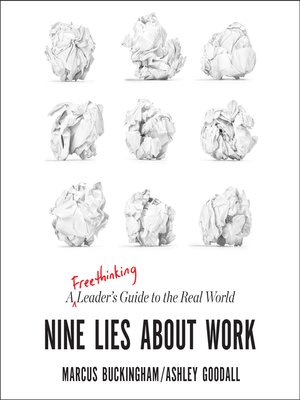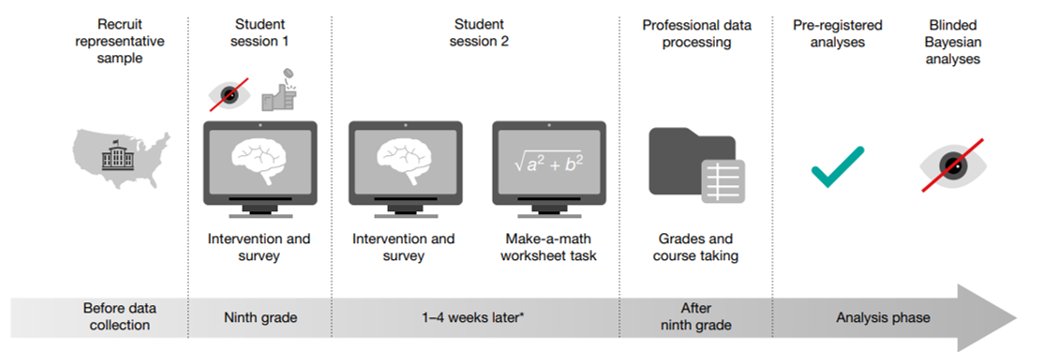
History teacher turned professional development leader.
Now at @teachertapp working to help schools better understand teachers' needs.
How to get URL link on X (Twitter) App


 Lie 1) People care what company they work for...
Lie 1) People care what company they work for...






















 2) If we aligned them (so that, on average, a student is likely to get the same grade in each of their subjects), this would lead to substantial changes in the grade distribution/students' results in some subjects.
2) If we aligned them (so that, on average, a student is likely to get the same grade in each of their subjects), this would lead to substantial changes in the grade distribution/students' results in some subjects. 

 4) Study #2: You can’t stop time and review teaching through description – but you can with artefacts from the classroom.
4) Study #2: You can’t stop time and review teaching through description – but you can with artefacts from the classroom. 
